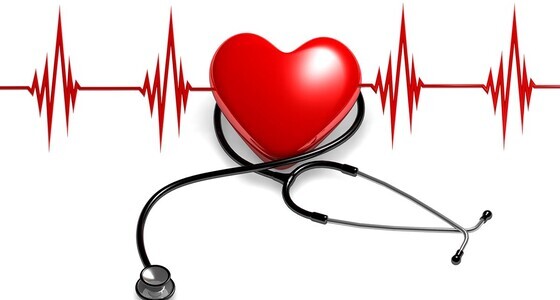One out of every 20 Americans over age 50 is diagnosed with Peripheral Arterial Disease (PAD).
The worst part of this reality is that most people with PAD don’t experience any symptoms. PAD is dangerous, especially when there are no warning signs.
Peripheral Arterial Disease is a progressive disease commonly called clogged arteries in the legs, poor circulation or a hardening of the arteries.
People have PAD when the arteries in their legs become narrowed or clogged with fatty deposits, or plaque. The buildup of plaque causes the arteries to harden and narrow, which is called atherosclerosis. This reduces blood flow to the legs and feet. Its severity depends on how early the heart disease is diagnosed as well as pre-existing health issues.
The primary symptom of PAD is an intermittent cramping of leg muscles during walks or hikes. For some, the pain may feel more like numbness, weakness or heaviness. Whether or not you have symptoms, having PAD means that you are at higher risk for heart attack, stroke and even death.
Many people don’t get tested for PAD because they have no symptoms and never feel a thing. The good news is that proper treatment saves lives. If you’re over 50, talk to your health care provider about getting tested for this disease.
The test for PAD is called the “ABI” or ankle-brachial index. It’s a comparison of blood pressure measurements taken at the arms and ankles. It can also assess the severity of the disease. Despite the presence or lack of symptoms, individuals are their own first line of defense. When face time with actual doctors is limited, it’s helpful to have a list of prepared questions on hand.
The Vascular Disease Foundation (VDF), a non-profit organization dedicated to public awareness and education regarding vascular health, helped form the national PAD Coalition. VDF has compiled some questions patients should ask their doctors about PAD:
• Does my medical history raise my risk for PAD?
• What can I do to reduce my blood sugar level if it’s too high or if I have diabetes?
• What do you recommend to quit smoking?
• What’s my blood pressure?
For more information, or to get a free Heart and Sole kit, go to vdf or 1-866-PADINFO (1-866-723-4636).




